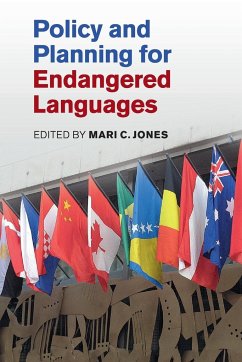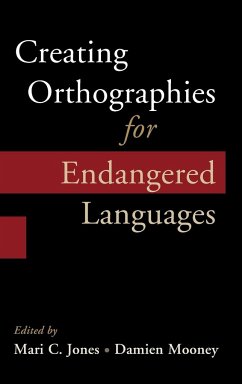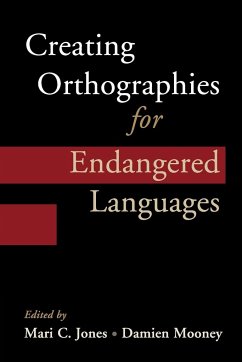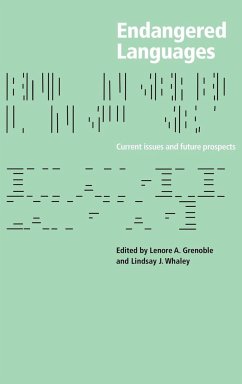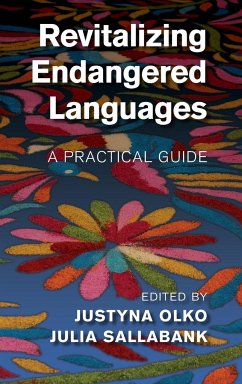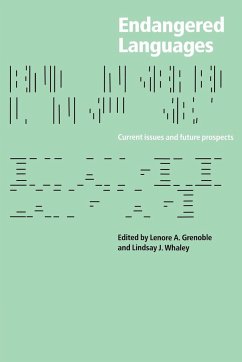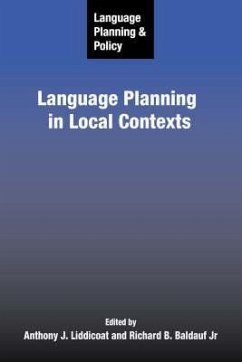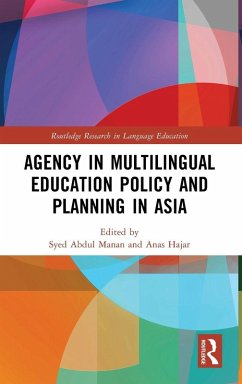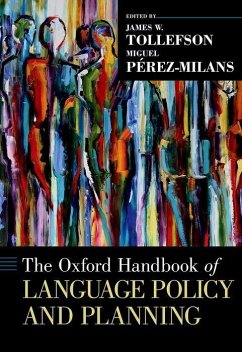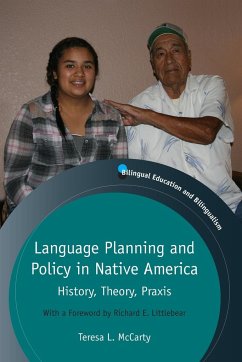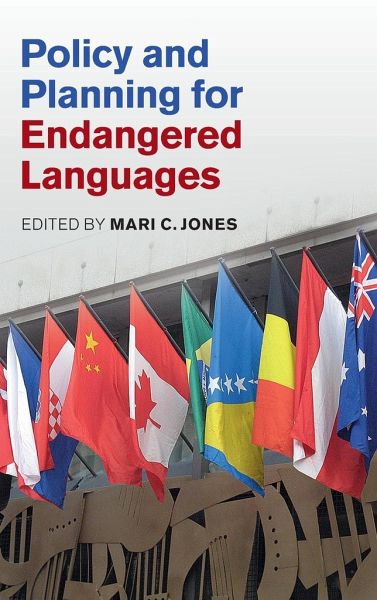
Policy and Planning for Endangered Languages
Versandkostenfrei!
Versandfertig in 1-2 Wochen
118,99 €
inkl. MwSt.
Weitere Ausgaben:

PAYBACK Punkte
59 °P sammeln!
Language policy issues are imbued with a powerful symbolism that is often linked to questions of identity, with the suppression or failure to recognise and support a given endangered variety representing a refusal to grant a 'voice' to the corresponding ethno-cultural community. This wide-ranging volume, which explores linguistic scenarios from across five continents, seeks to ignite the debate as to how and whether the interface between people, politics and language can affect the fortunes of endangered varieties. With chapters written by academics working in the field of language endangermen...
Language policy issues are imbued with a powerful symbolism that is often linked to questions of identity, with the suppression or failure to recognise and support a given endangered variety representing a refusal to grant a 'voice' to the corresponding ethno-cultural community. This wide-ranging volume, which explores linguistic scenarios from across five continents, seeks to ignite the debate as to how and whether the interface between people, politics and language can affect the fortunes of endangered varieties. With chapters written by academics working in the field of language endangerment and members of indigenous communities on the frontline of language support and maintenance, Policy and Planning for Endangered Languages is essential reading for researchers and students of language death, sociolinguistics and applied linguistics, as well as community members involved in native language maintenance.





